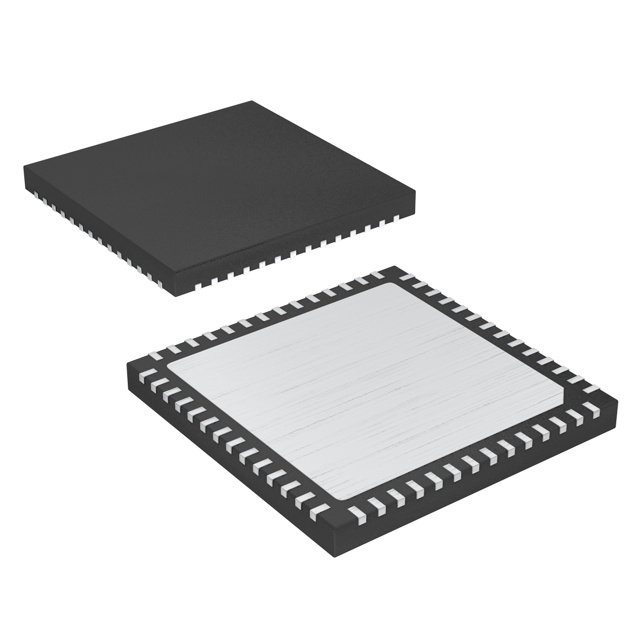MAX5735BUTN+T
Manufacturer No:
MAX5735BUTN+T
Manufacturer:
Description:
IC DAC 16BIT V-OUT 56TQFN
Datasheet:
Delivery:





Payment:




In Stock : 0
Please send RFQ , we will respond immediately.









MAX5735BUTN+T Specifications
-
TypeParameter
-
Mounting TypeSurface Mount
-
Supplier Device Package56-TQFN (8x8)
-
Package / Case56-WFQFN Exposed Pad
-
Operating Temperature0°C ~ 85°C
-
ArchitecturePipelined
-
INL/DNL (LSB)±8, ±1 (Max)
-
Voltage - Supply, Digital2.7V ~ 5.25V
-
Voltage - Supply, Analog5V
-
Reference TypeExternal
-
Data InterfaceSPI, DSP
-
Differential OutputNo
-
Output TypeVoltage - Buffered
-
Settling Time20µs (Typ)
-
Number of D/A Converters32
-
Number of Bits16
-
DigiKey ProgrammableNot Verified
-
PackagingTape & Reel (TR)
-
Product StatusActive
-
Series-
The LC4064B-5T44C is a specific type of integrated circuit chip, known as a Field-Programmable Gate Array (FPGA). Here are some advantages and application scenarios of this chip:Advantages: 1. Flexibility: FPGAs can be reprogrammed or reconfigured to perform different functions, making them highly flexible compared to fixed-function integrated circuits. 2. Customization: FPGAs allow designers to create custom logic circuits tailored to specific applications, enabling optimization and performance improvements. 3. Parallel Processing: FPGAs can perform multiple tasks simultaneously, leveraging parallel processing capabilities for high-performance computing. 4. Prototyping: FPGAs are often used for rapid prototyping and development of electronic systems, allowing designers to test and validate their designs before manufacturing custom chips. 5. Cost-Effective: FPGAs can replace multiple discrete components, reducing the overall system cost and complexity.Application Scenarios: 1. Digital Signal Processing (DSP): FPGAs are widely used in DSP applications such as audio and video processing, image recognition, and compression/decompression algorithms. 2. Communications: FPGAs play a crucial role in telecommunications, enabling functions like data encryption/decryption, protocol conversion, and network packet processing. 3. Industrial Automation: FPGAs are used in industrial control systems, robotics, and automation applications for real-time control, sensor interfacing, and monitoring. 4. Aerospace and Defense: FPGAs are employed in radar systems, avionics, satellite communication, and military applications due to their high reliability, low power consumption, and radiation tolerance. 5. Internet of Things (IoT): FPGAs can be utilized in IoT devices for sensor data processing, edge computing, and connectivity protocols. 6. Automotive: FPGAs are used in automotive electronics for functions like advanced driver-assistance systems (ADAS), infotainment systems, and engine control units (ECUs).These are just a few examples, and the versatility of FPGAs allows them to be applied in various other domains where programmable logic and high-performance computing are required.
MAX5735BUTN+T Relevant information







